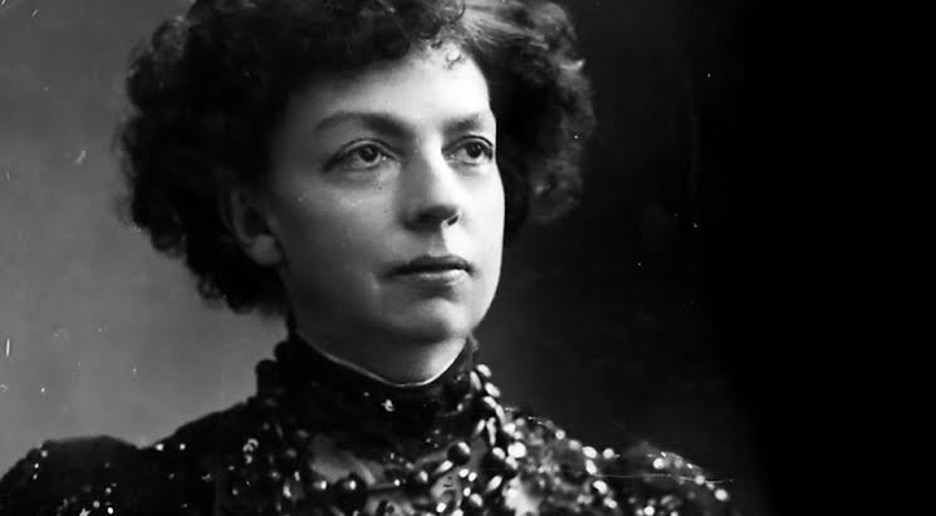
Cécile Chaminade – Biography and Life
Cécile Louise Stéphanie Chaminade was a prominent French composer and pianist born on August 8, 1857, in Paris, France. She displayed exceptional musical talent from[…]

Amy Marcy Beach – Biography and Life
Amy Marcy Cheney Beach, born on September 5, 1867, in Henniker, New Hampshire, was a pioneering American composer and pianist of the late 19th and[…]
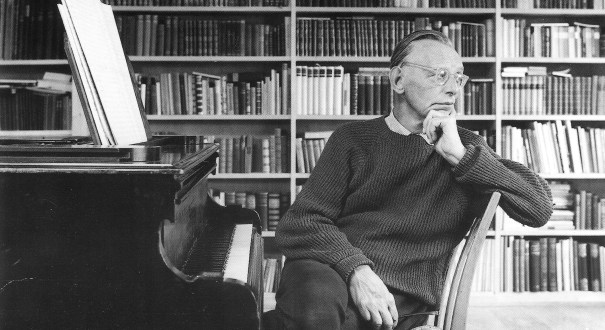
Carl Orff: A Maestro of Musical Innovation
Carl Orff, born on July 10, 1895, in Munich, Germany, emerged as one of the most influential composers of the 20th century, leaving an indelible[…]
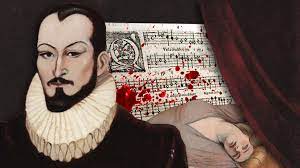
Carlo Gesualdo – Biography and Life
Carlo Gesualdo, Prince of Venosa, was an Italian composer and nobleman born on March 8, 1566, in Venosa, a small town in the Kingdom of[…]
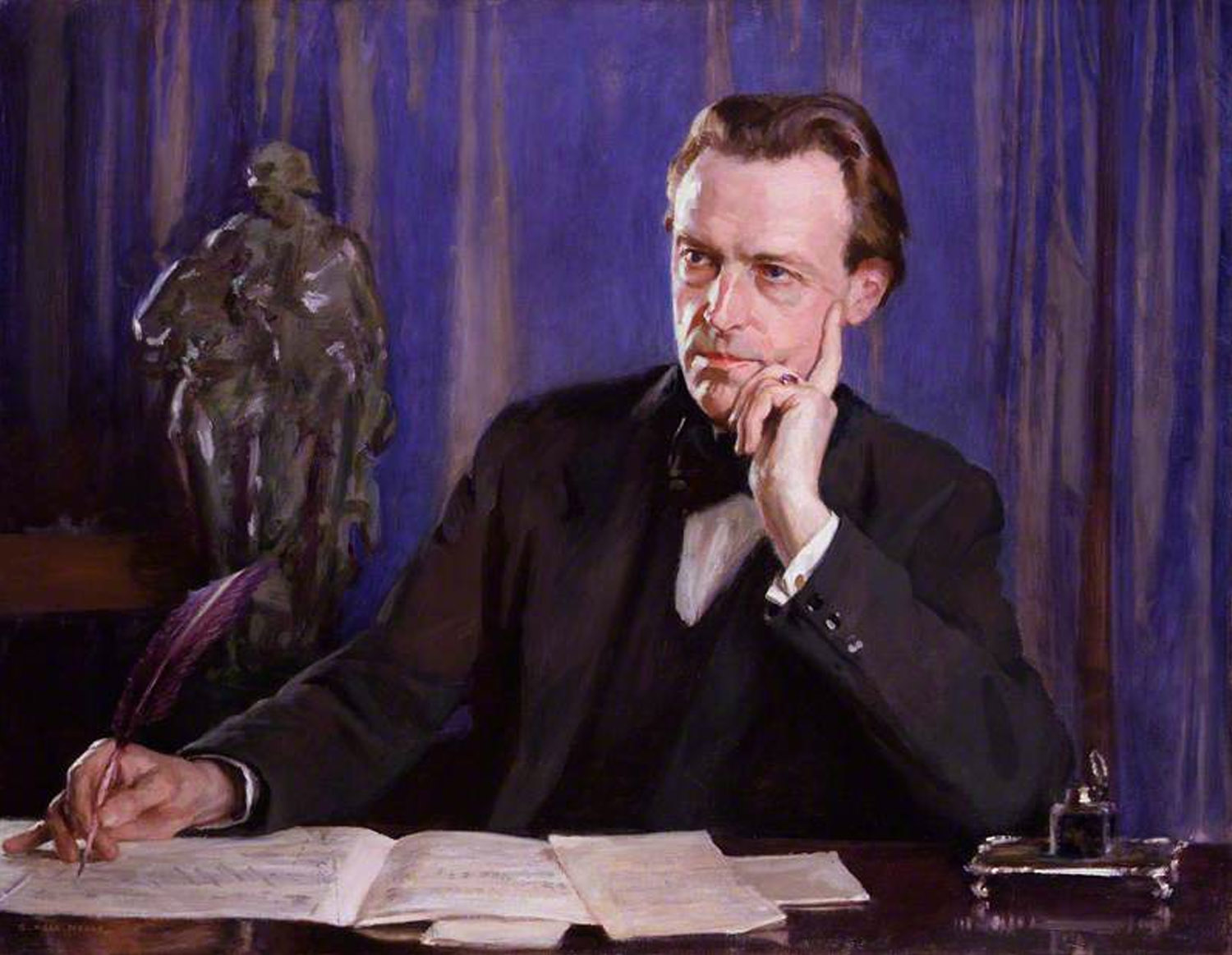
Cyril Scott – Biography and Life
Cyril Scott (1879–1970) was a British composer and pianist known for his contributions to the early 20th-century music scene. Born on September 27, 1879, in[…]
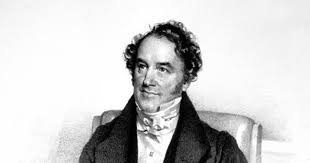
Conradin Kreutzer – Biography and Life
Conradin Kreutzer was a prominent composer and conductor of the Romantic era, born on November 22, 1780, in Messkirch, Germany. His musical talents were evident[…]
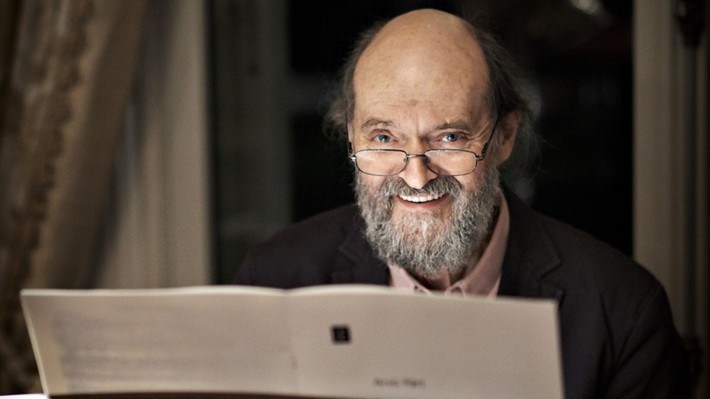
Arvo Pärt: The Journey of a Musical Mystic
Arvo Pärt, born on September 11, 1935, in Paide, Estonia, is renowned as one of the most significant composers of the late 20th and early[…]
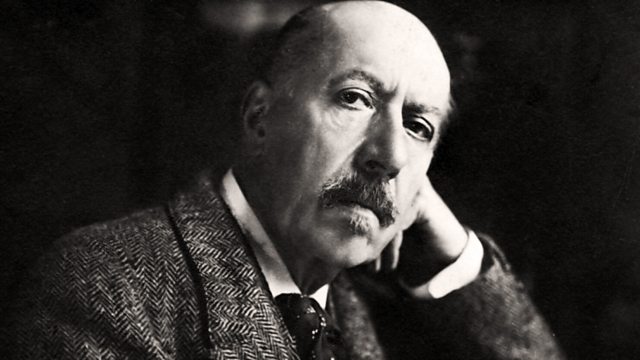
Charles Widor – Biography and Life
Charles-Marie Jean Albert Widor was a renowned French composer, organist, and teacher, best remembered for his significant contributions to organ music. Born on February 21,[…]
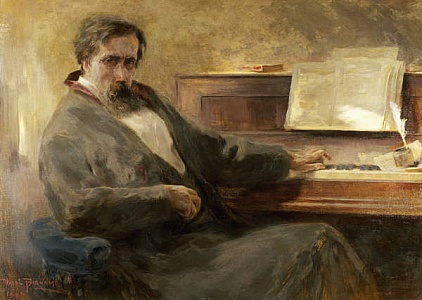
Amilcare Ponchielli – Biography and Life
Amilcare Ponchielli was an Italian composer whose legacy endures through his operatic masterpieces, notably his magnum opus “La Gioconda.” Born on August 31, 1834, in[…]
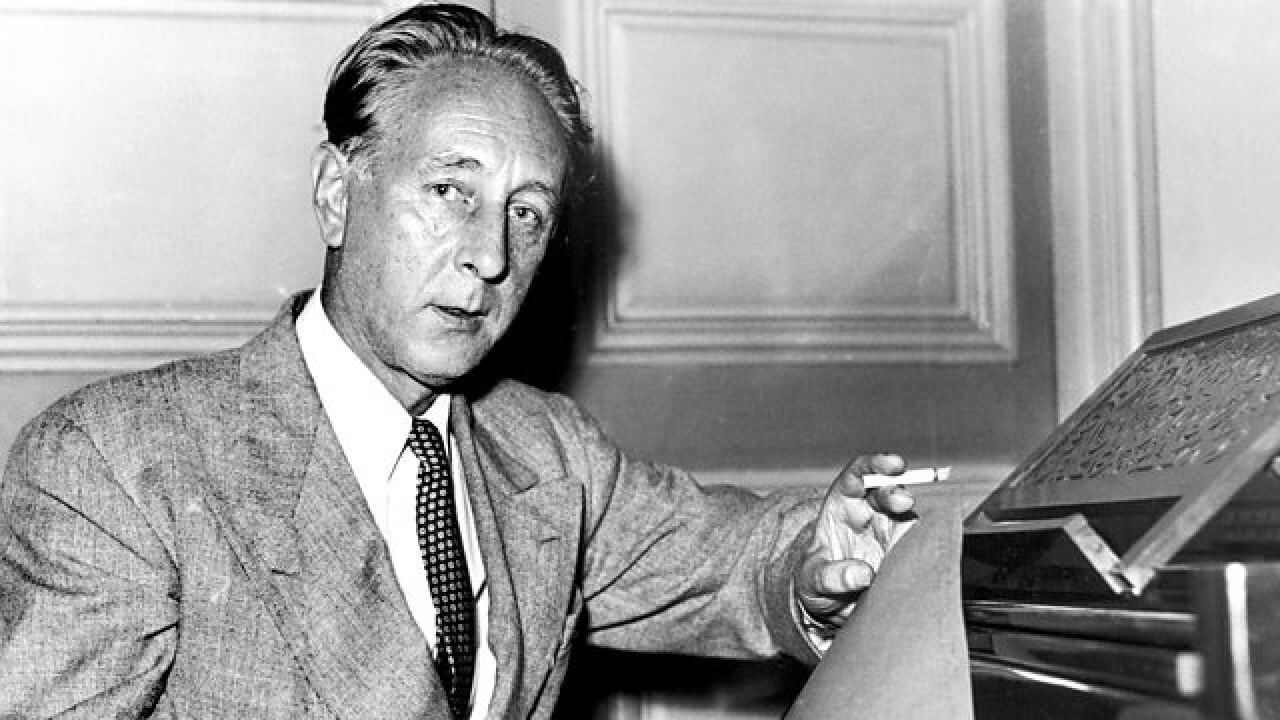
Bohuslav Martinů – Biography and Life
Bohuslav Martinů stands as a luminary figure within the realm of 20th-century classical music, celebrated for his innovative compositions that blended elements of Czech folk[…]